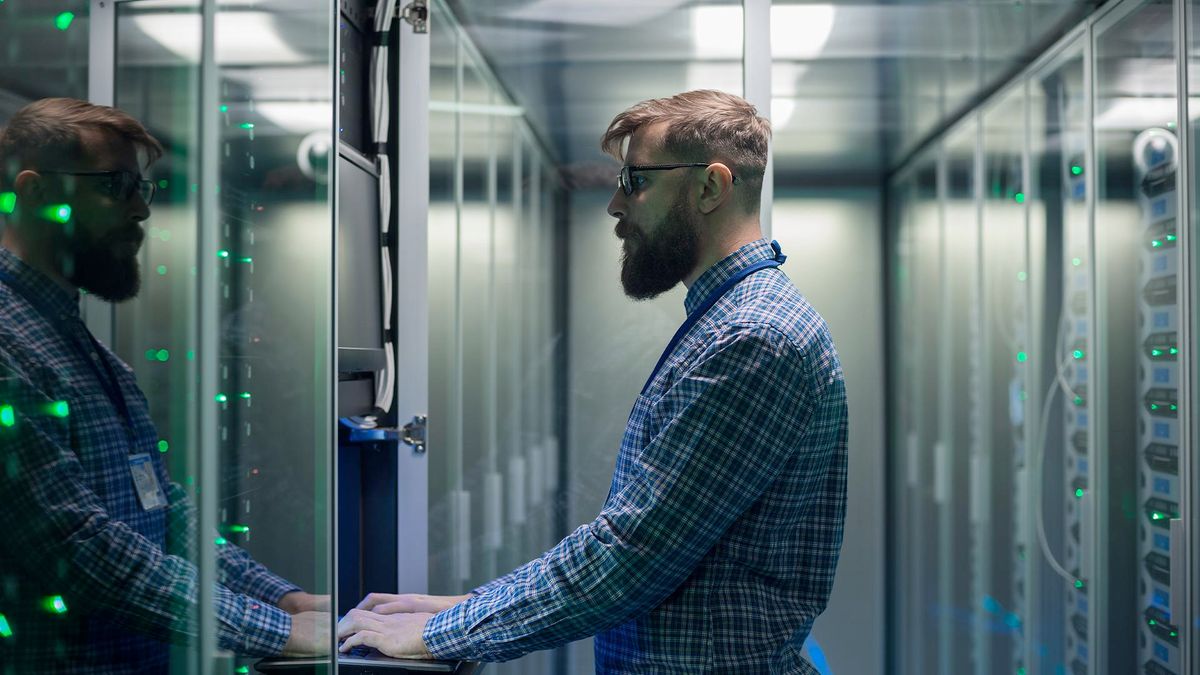As per a report from the Financial Times, G42, a firm headquartered in the United Arab Emirates specializing in cloud artificial intelligence (AI) services, has declared its intention to halt the use of Huawei hardware. This decision, along with another anticipated announcement in about two weeks, comes in the wake of investigations by American intelligence agencies into G42’s ties with Huawei in China.
G42 presently manages a variety of AI services employing Huawei’s HiSilicon-based tools. Nonetheless, the company is preparing to incorporate Cerebras’ CS-2 components into its operations through a substantial multi-billion dollar deal aimed at establishing an AI-focused supercomputer system. Concerns raised by the U.S. government over G42’s associations with Huawei over the past year have prompted two public statements from the company confirming the discontinuation of their partnership.
In a communication with the Financial Times, G42’s CEO Peng Xiao underscored the need for the company to make resolute decisions in the face of external pressures: “We are compelled to make strategic decisions,” he emphasized. Xiao pointed out the consistent message from U.S. authorities and allies advising caution in their partnerships.
In light of these developments, G42 is set to phase out the utilization of Huawei’s AI components for their computational operations. While not explicitly stated by the CEO, indications point towards a shift away from utilizing Huawei equipment to train new AI models. Xiao hinted at the probability of superior alternatives from other providers like Cerebras, given their substantial agreement.
G42 is confronted with the task of migrating its current workloads from Chinese partners to Cerebras-based infrastructure. The feasibility of this transition, both technically and financially, remains uncertain. With stringent U.S. regulations restricting Chinese access to AI technology, companies such as G42 must navigate the landscape between domestic solutions and cloud AI services to adhere to regulatory frameworks.
Despite China’s pivotal role in the global AI domain, G42’s collaboration with Chinese entities is deemed a strategic necessity, as highlighted by Nikki Sun from the Chatham House think tank. The company’s engagement with China is deeply embedded in the country’s AI ecosystem, making a complete withdrawal improbable.
At the heart of G42’s technological progress lies the utilization of Cerebras’ WSE-2, which boasts a massive “wafer-size” chip with 2.6 trillion circuits and 850,000 AI components. This technology drives G42’s AI supercomputer systems, including the CG-1 in California, capable of handling language models with billions to trillions of parameters at speeds reaching up to four ExaFLOPS. The partnership between G42 and Cerebras envisions the global deployment of six such supercomputers, a development that not only influences U.S.-China relations but also enhances the UAE’s economic trajectory.






